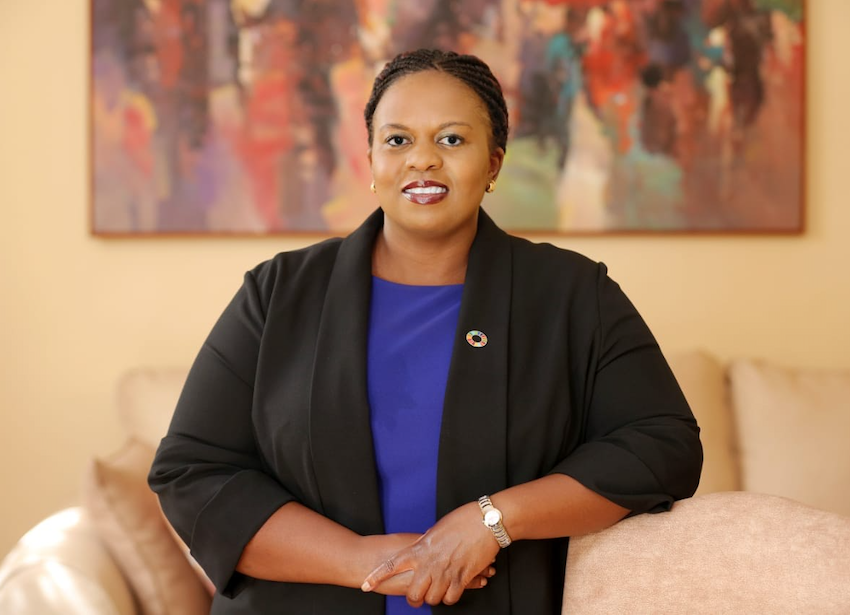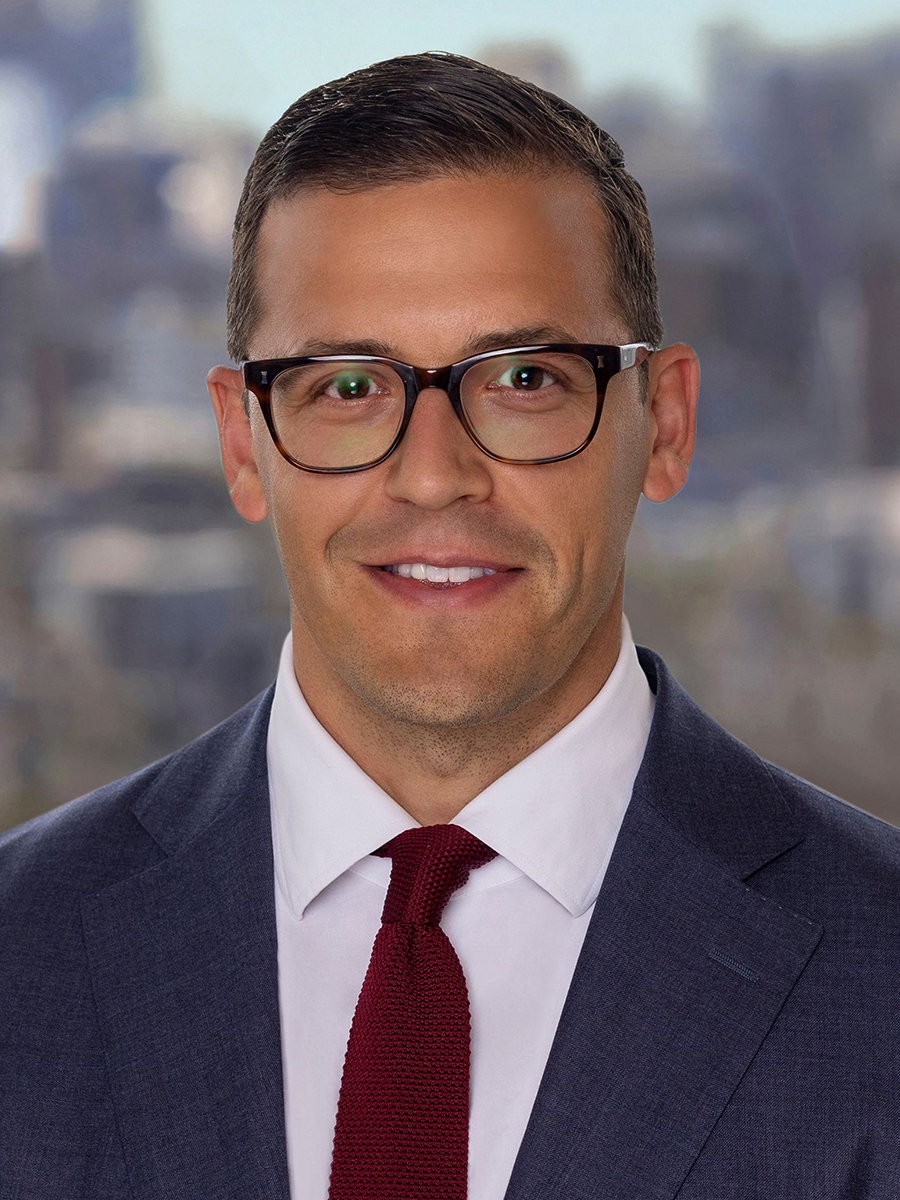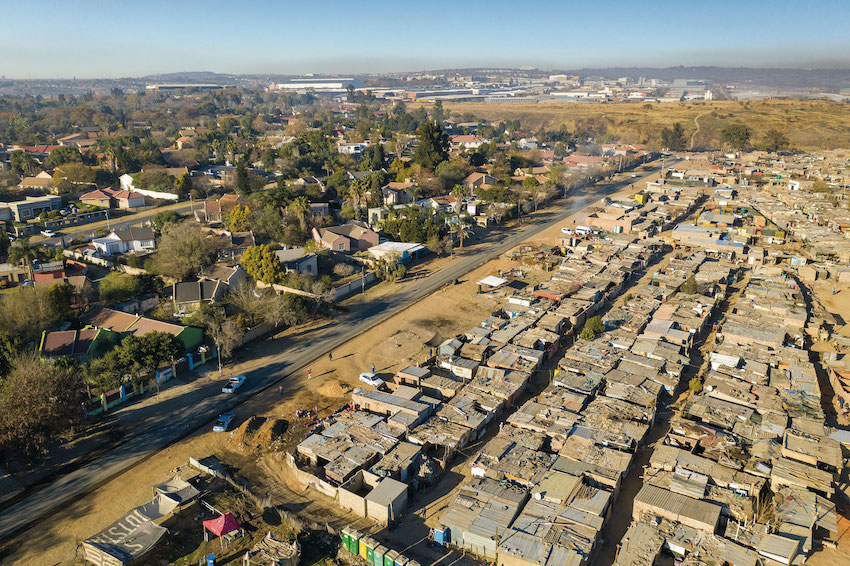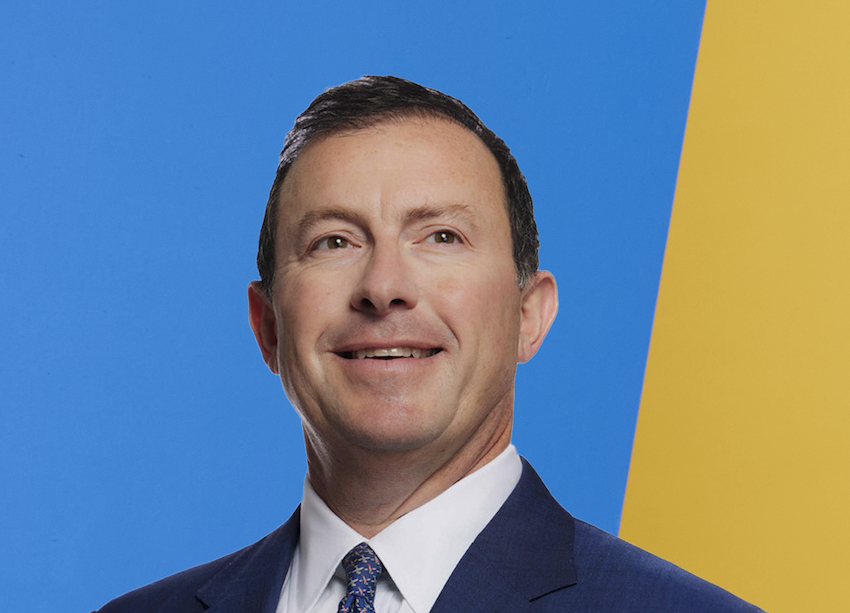As CEO of the UN Global Compact, Sanda Ojiambo leads the world’s largest corporate sustainability initiative. The world is “way off course” to achieving the Sustainable Development Goals, she says. Business can help get it back on track.
You have a unique global perspective across thousands of companies in more than 160 countries. How do you see levels of corporate engagement with societal issues and SDG goals? Is it weakening, or stagnating, or strengthening?
The drive to embed the Sustainable Development Goals (SDGs) into fundamental business strategies is undeniably gaining traction within the corporate sphere. This trend is evident in the rising number of companies pledging to achieve net-zero emissions, undertaking human rights due diligence, instituting fair living wages and embracing circular economy principles. These proactive measures not only signify an increasing acknowledgment of the existential challenges posed by climate change and inequality but also demonstrate a keen awareness of the economic prospects inherent within sustainable development.
We are now halfway to the 2030 deadline and while there is a strong and growing commitment from many companies, we are still way off course. The SDG Progress Report released last year by UN Secretary-General António Guterres showed that just 15% of the Sustainable Development Goal targets are on track, progress on 48% is weak and insufficient, and progress has stalled or gone into reverse on 37% of the SDGs.
Investments are not flowing fast enough, and at the necessary scale, to transform our climate, energy and food systems, eradicate poverty, and put our economies on a more sustainable and inclusive footing. The challenge is both huge and urgent. We need millions of companies to increase their commitment and collaborate across sectors and with governments and civil society to create systemic changes to achieve the SDGs.
To catalyze this transformation, at the UN Global Compact we have just launched our Forward Faster Initiative. Forward Faster calls on business leaders everywhere to take measurable, credible and ambitious action in five areas—gender equality, climate action, living wage, water resilience and finance and investment—that have the power to accelerate progress across all SDGs where the private sector can collectively make the biggest, fastest impact by 2030.
The journey is challenging, but increasing engagement from the corporate sector is a promising sign that a more sustainable and equitable future is within reach.
Many businesses already have long standing commitments on issues such as climate and social justice, but they find themselves attacked for being “woke” or for having priorities other than profitability. What would you say to the leaders of companies such as this?
When accusations of being overly focused on nonprofit objectives arise, it’s important to remember that these commitments to societal issues are not just ethical imperatives; they are also strategic business decisions. Engaging with these challenges head on can drive innovation, open up new markets, attract and retain talent, and build brand loyalty among consumers who increasingly favor companies with strong social and environmental values.
Leaders should stand firm in their convictions, communicating clearly and transparently about the rationale behind their commitments. This includes articulating how these actions are aligned with the company’s values and long-term strategy, and demonstrating the tangible benefits they bring not only to society but also to shareholders and other stakeholders. It’s about showing that sustainability and profitability are not mutually exclusive but are mutually reinforcing.
Leadership is often about making difficult choices in the face of criticism. It’s about setting a course that not only ensures the success of your business, but also contributes positively to the world. Keep focused on the long-term vision, and let your actions speak to the integrity and responsibility that define your company.
“Leadership is often about making difficult choices in the face of criticism. It’s about setting a course that not only ensures the success of your business, but also contributes positively to the world.”
When to speak out, when to stay silent, what to say, what not to say… Business leaders are looking for guidance on these questions, on a wide range of issues—from net zero to reproductive rights, biodiversity to LGBTQ+. Sometimes it seems like you can’t win. How do you think companies should think of their role as advocates?
Our latest CEO study showed that for the first time in the history of the study, CEOs have pointed to challenges that traditionally lie outside the corporate sphere—such as climate change or conflict—as reasons for worry over delivering value and impact for all stakeholders indicating that today’s operating environment spans beyond typical business boundaries.
Companies are increasingly expected to play a leading role in addressing societal and environmental challenges. This expectation comes from a broad spectrum of stakeholders, including consumers, employees, investors and communities. As such, companies find themselves at the intersection of profit and purpose, navigating a delicate balance between staying true to their values and meeting their financial objectives.
For leaders of companies facing criticism for their commitments to issues like climate change, social justice, or being labeled as “woke,” my advice is to remain steadfast in your convictions. It’s essential to recognize that long-term sustainability and profitability are not mutually exclusive but are, in fact, deeply interconnected. Companies that lead with purpose and integrate social and environmental considerations into their business strategies tend to outperform their peers over the long term. They attract and retain talent, innovate more effectively, and build stronger relationships with consumers and communities.
In navigating the decision of when to speak out and what to say, companies should consider the broader impact of their advocacy on their ability to contribute positively to society and the environment. While it’s true that you may not please everyone, by being principled, consistent and transparent, you will strengthen your brand, build loyalty among your stakeholders and ultimately contribute to a more sustainable and equitable world.
In essence, companies should see their role as advocates not as a burden, but as a strategic opportunity to drive positive change, build brand value and engage with stakeholders on a deeper level. This approach will not only help navigate the complexities of modern societal expectations but also contribute to the long-term success and resilience of the business.
More than a billion working people around the world don’t earn a living wage. What’s the role of business here? Isn’t this a labor market failure? How can companies justify to their investors paying above the market wage?
Working poverty is a reality worldwide. For many workers, a job does not provide a way out of poverty for them and their families. While a great deal of progress has been made to ensure living wages for all workers, more needs to be done to ensure we leave no one behind.
The UN Global Compact encourages companies to promote and provide a living wage as an essential aspect of decent work to ensure all workers, families and communities can live in dignity.
“It’s essential to recognize that long-term sustainability and profitability are not mutually exclusive but are, in fact, deeply interconnected.”
While there is no universally agreed definition of a living wage as a concept and no universally accepted monetary amount that defines such remuneration, a lack of consensus is no excuse for inaction. Importantly, there is broad consensus around what constitutes a living wage—it is a wage that enables workers and their families to meet their basic needs.
Governments have an important role to play in supporting wage-fixing mechanisms at a sectoral level. More than 170 countries have one or more minimum wages set through legislation or binding collective agreements. In many countries, however, companies must go beyond existing wage legislation as minimum wages do not always allow for a decent living. By going beyond legal compliance, businesses can ensure that all their employees have the income to support their needs and those of their dependents, raising standards of health and well-being.
That’s why last year, the UN Global Compact launched the Forward Faster initiative to take action on living wage and accelerate progress across all 17 Sustainable Development Goals. The Forward Faster living wage targets include: 100 percent of employees across the organization earn a living wage by 2030 and establish a joint action plan with contractors, supply chain partners and other key stakeholders to work towards achieving living wages and/or living incomes with measurable and time-bound milestones.
If we want to achieve an equitable transition to a green economy, we will need to substantially scale sustainable finance—unlocking new sources of capital and creating new models of investment. What are the opportunities for business in doing this?
When the SDGs were adopted by 193 countries in 2015, the cost of solving the world’s most pressing economic, social and environmental problems was estimated at $1.4 trillion to $2.5 trillion a year. This was an underestimate.
In July last year, a group of academics published a study titled Investment needs to achieve SDGs: An overviewthat examined estimates of the costs of achieving some of the main SDG goals as a key first step in mobilizing the necessary financial resources. For universal hunger, this was costed at up to $300 billion a year, while universal healthcare was priced at $200 billion to $400 billion annually. Providing clean electricity (maybe $800 billion a year), water resource management and infrastructure ($450 billion to $1.1 trillion a year), and climate mitigation and adaptation (approaching $4 trillion a year) require even larger investments.
The biggest investment gaps, meanwhile, were found for climate action (SDG 13) at up to $3 trillion annually, followed by clean water and sanitation (SDG 6), estimated to be as much as $1.1 trillion each year.
These are very big numbers, but they are only a fraction of the $65 trillion in assets held by global investment portfolios worldwide, according to the International Monetary Fund[3]. Clearly, the investment gap in SDGs is not caused by a shortage of capital. The challenge is to steer more of this money into SDGs.
In many ways the private sector is already taking a strong lead. Bloomberg estimates that one-third of the projected total assets under management will be managed according to sustainable principles by 2025—a sum that could surpass $50 trillion by 2025. Add the US’s Inflation Reduction Act, which provides $500 billion of aid for clean energy investments, and new measures in Europe and elsewhere, and the stage is set for a boom in private-sector investments into two of the costliest SDG challenges: energy and climate change.
That’s a strong incentive for businesses to align their investments with the SDGs. To secure the finance they need for growth, companies will have to demonstrate that their activities meet sustainability guidelines.
All of these factors help explain why more than 20,000 companies around the world, of every size, have joined the United Nations Global Compact and signed up to implement 10 corporate principles that will help us achieve the SDGs. The 10 Principles cover human rights, labor practices, the environment and the fight against corruption.
Our CFO Coalition for the SDGs builds upon this engagement: chief financial officers of companies capitalized at a combined $1.7 trillion have committed to invest more than $500 billion toward achieving the SDG goals, as well as developing principles, frameworks and recommendations to integrate the SDGs in corporate finance and create a market for mainstream SDG investments.
The SDGs present not only the biggest challenge—but also the biggest business opportunity—of our lifetime.
More from this issue
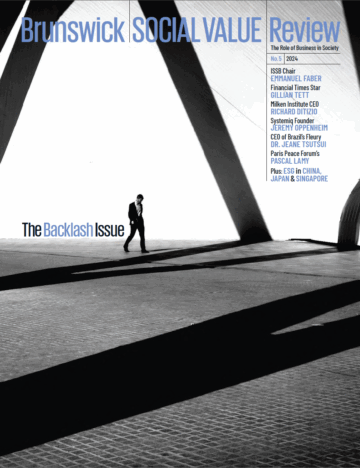
The Backlash
Most read from this issue

Listen Through the Noise

